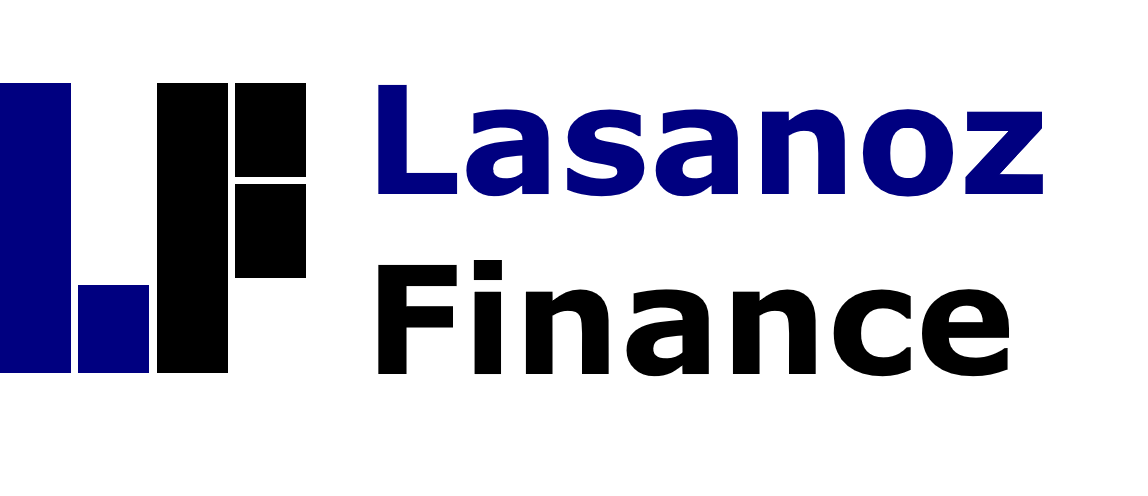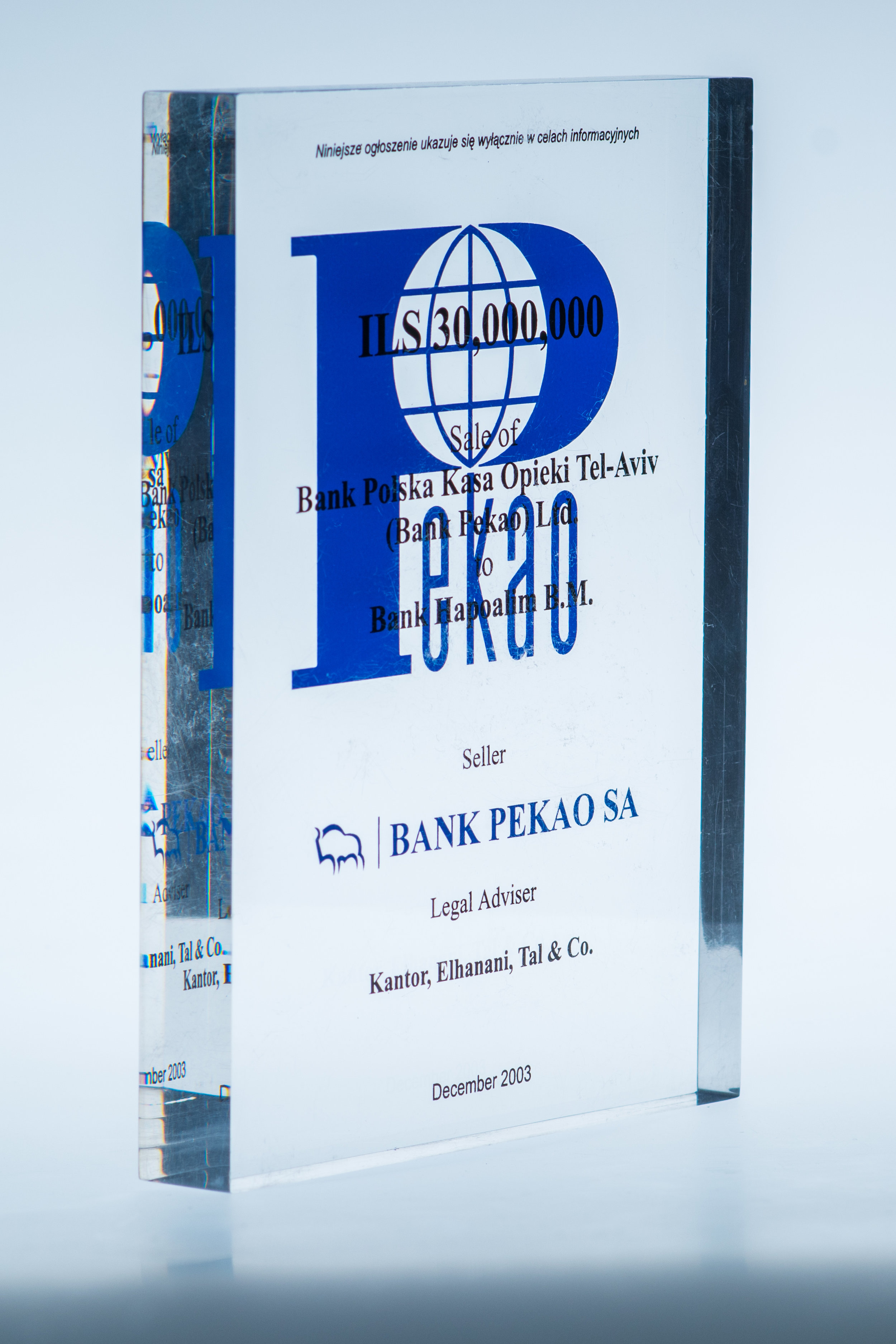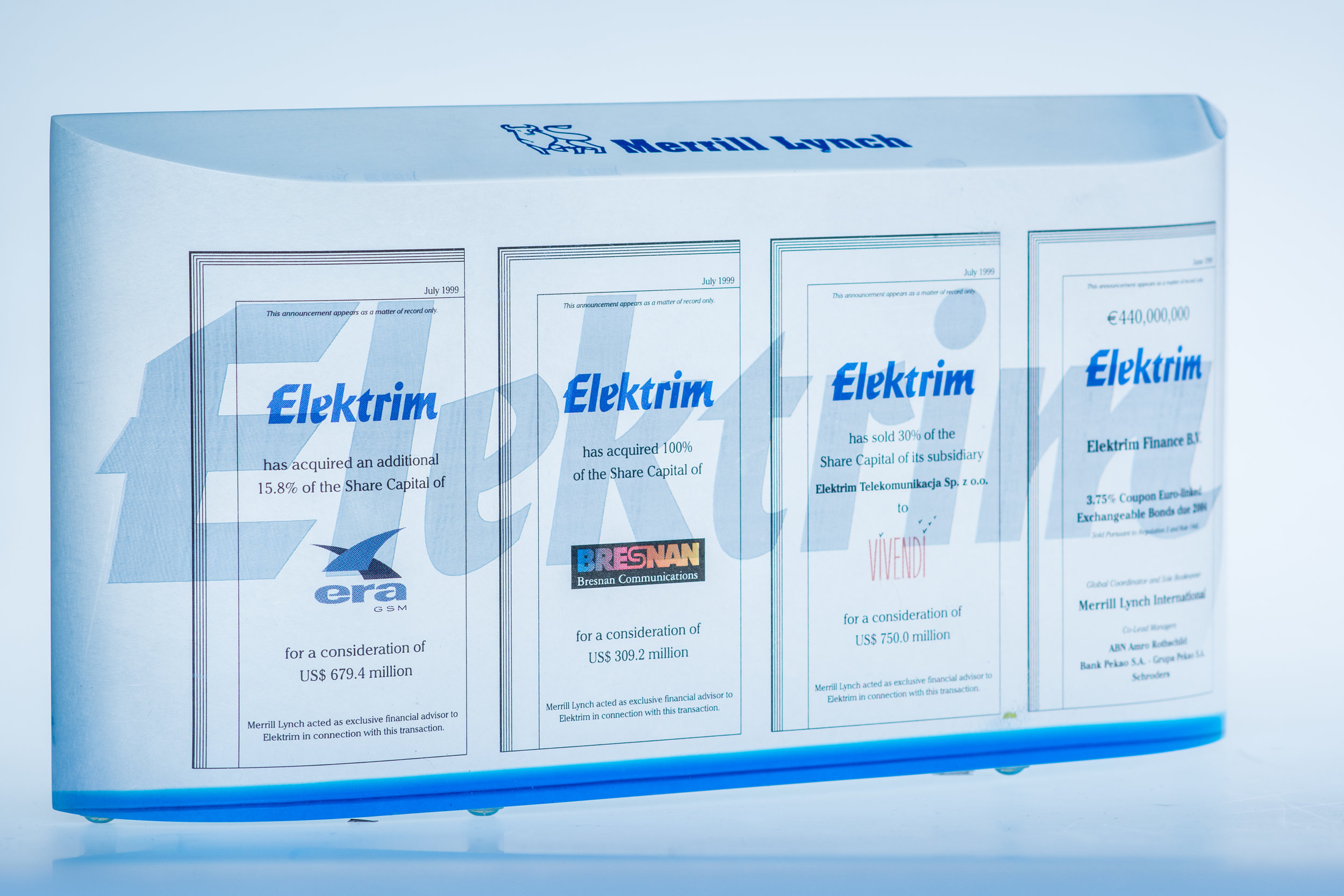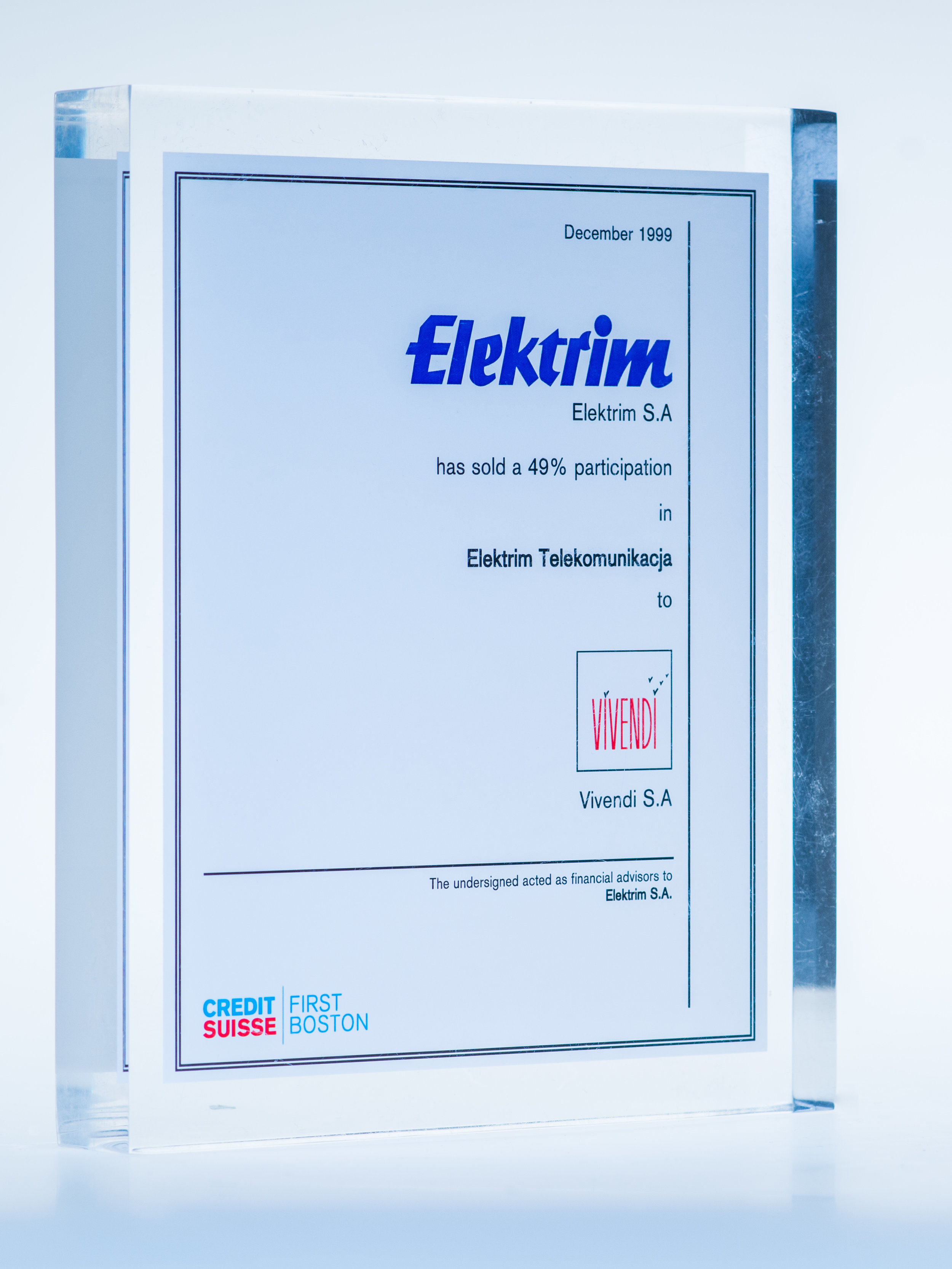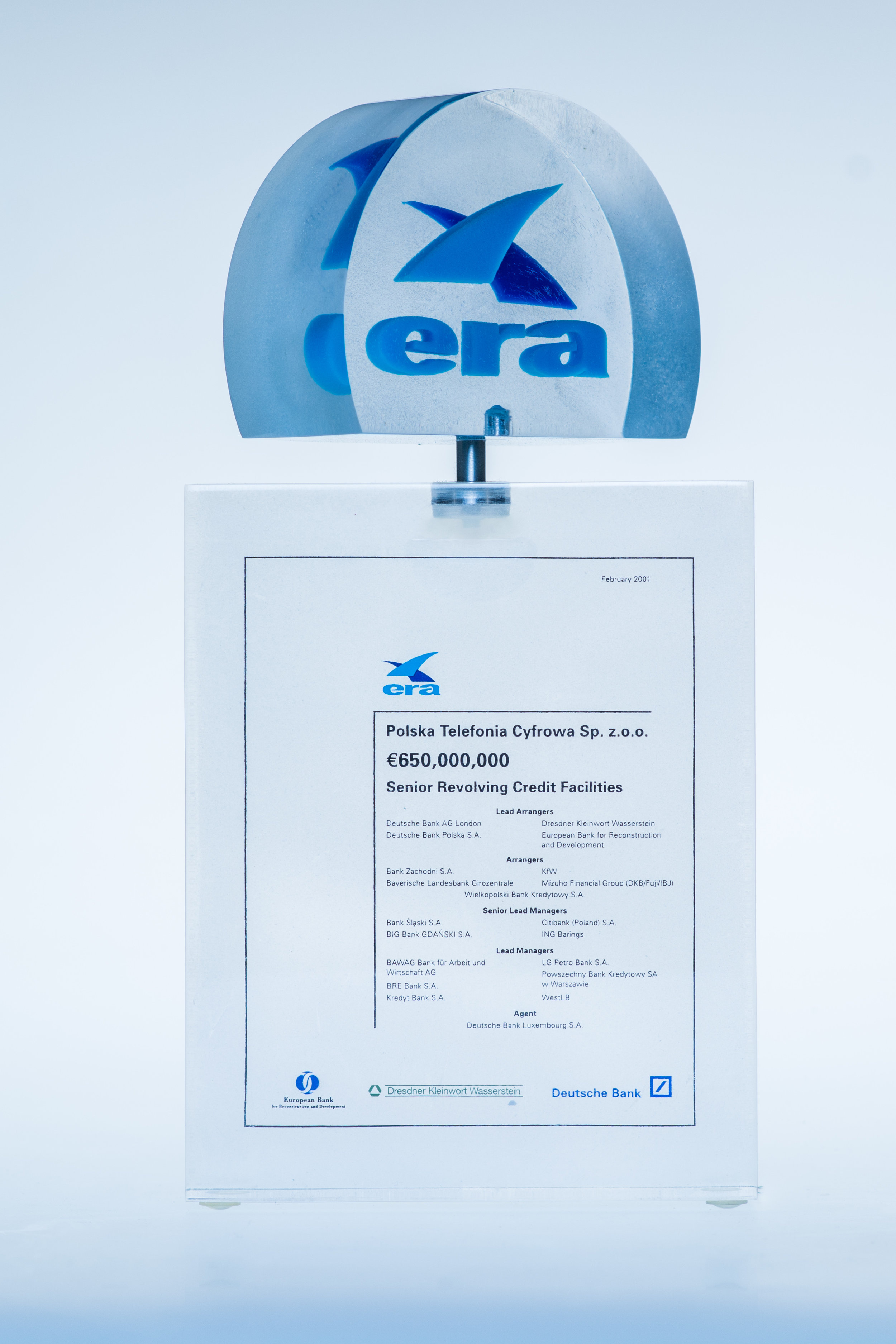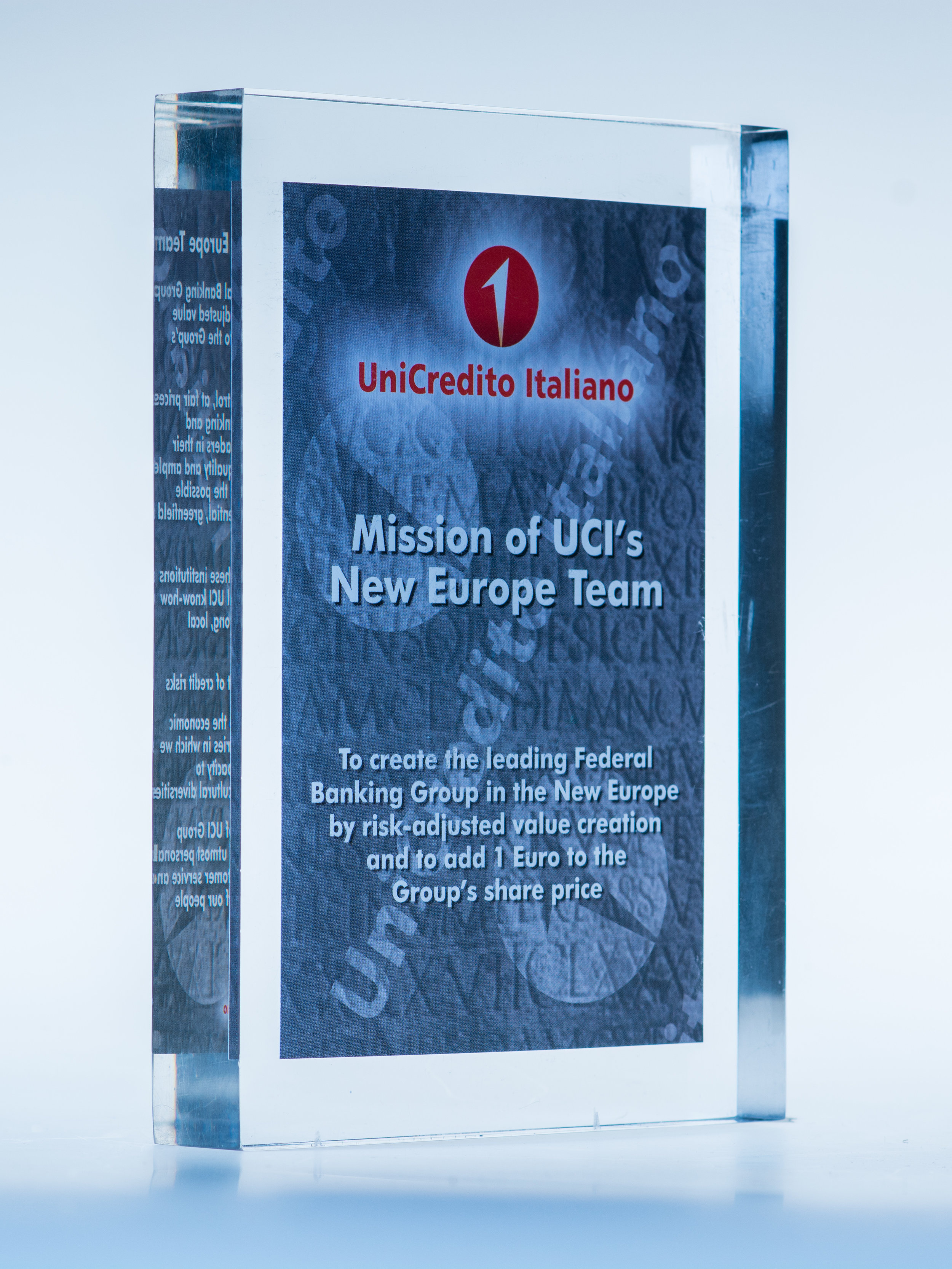Financial advisers are a dime a dozen. As large investment banks have retrenched over the last decade, the boutique landscape has exploded. What makes us different?
When Alex Neuber had made his first private equity investment on behalf of EBRD, a USD 30m 30% stake in listed Polish steel conglomerate Stalexport S.A. (1997), Ed Mangan, a senior former executive from US Steel advised him after umpteen supervisory boards and governance efforts: ‘get a real job’ – i.e. don’t only try to be a smart banker.
The penny eventually dropped, and that advice was put into practice. LF is thus run by people who have not just advised, but who have been owners and principals for a number of corporates, which changes your perspective fundamentally.
As a banker, you are focused on getting any deal to closing. A tough job, but then you take your fee and walk away, and the fate of the deal post-closing stays with the client.
Once you have been an owner in your own right, you take a different view. You appreciate the difficulties that start once the ink on the deal has dried, and that gives you a different appreciation of what deals work, and which ones don’t, what terms to negotiate, what coalitions to build, whose buy-in to seek, which management members to retain in order to increase the post-M&A chances of the deal delivering the value that the client expects, etc.
As founder of LF, Alex Neuber has benefitted from a number of corporate jobs that enforced in our team the perspective of an owner of assets, and not just that of an adviser. These include:
- Senior Partner at Abris Capital (2012-17). Buying, and successfully selling Polish waste processing company Novago and Romanian parcel delivery company Urgent Cargus gave us an appreciation of how private equity works, and what it takes to deliver value increments of 3-4x through growth and add-ons. It also taught us the hard way that most of the time, one needs to say no to opportunities offered. That is a skill that only private equity truly teaches, where one looks at 50+ firms per annum, makes offers for 5, and maybe buys 1-2. Saying no does not come easily to bankers focused primarily on fees. Please see the attached presentation on the value creation at Novago, where Alex was chairman of the Supervisory Board from entry to exit.
- Head of M&A at Bank Pekao S.A. (2003-4). Heading up a department of 15 professionals primarily tasked with supervising and exiting non-core equity positions of the Bank, within 12 months Alex successfully sold Bank Pekao Israel to Bank Leumi, publicly-listed investment fund NIF Jupiter through a tender offer to an MBO team, as well as Warsaw’s well-known Hotel Sobieski to WSE-listed Warimpex.
- CFO at Elektrim (1999-2001). While this formerly USD 1 billion market-cap WSE-listed telecom-cum-power conglomerate is worst remembered for the corporate struggles with Deutsche Telekom and Vivendi over ERA GSM (today T-Mobile Poland), and a USD 400m convertible bond default in December 2001 (three months after Alex was relieved of his position), on Alex’ watch the company raised USD 3 billion (incl. USD 1.8bn from Vivendi for 26% of ERA GSM plus control of CATV player Aster City, plus high yield bonds and senior loans for ERA and one of the first independent power project financings on a project finance basis of USD 382m for Patnow 2, a subsidiary of power utility ZE PAK S.A.), without a penny from the shareholders, sold over 50 non-core subsidiaries, sought to build Poland’s first triple-play, made a number of investments into the booming internet sector, and reduced leverage significantly while improving reporting, IFRS accounting, controlling and budgeting/planning. We had many bulge-bracket London investment banks working for us at some stage, including Credit Suisse, DLJ, Morgan Stanley, and Merrill Lynch. The experience left us with a deep knowledge of the TMT sector and deal-making, including mobile, cable TV, and internet/ecommerce, which have stood us in good stead ever since. Please see attached a presentation to the Polish MBO/MBI Club that highlights the lessons learned from that rollercoaster ride atop the dot-com bubble around the turn of the millennium.
So, when you retain us, you know that we appreciate your way of thinking and take a long-term view. Some of the best deals that we have done for our clients are those for which no tombstones exist. Deals where we did not buy into the logic of the business model, were not convinced by management, did not share the sell-side’s enthusiasm about the valuation of the asset, or did not like the competitive dynamics in the industry.
You will thus find that our financial models are no better than those of our competitors. But we do spend an inordinate amount of time looking at the key assumptions of the business plans, stress-testing these, benchmarking them, and getting comfortable with the projections, or making adjustments that reflect our view and guide our opinion of value.
If one has lived through the bursting of the dot-com bubble in 2000, and the post-Lehman Great Depression and subsequent financial hubris, one no longer believes in beautiful hockey-stick financial projections as devised by enthusiastic recent MBA graduates. There is no disruptive replacement for experience. We put that at the disposal of our clients, plus an honest opinion, even where it is not in our financial interest.
Many of our clients have appreciated that combination of professionalism, intellectual integrity, ethics, and taking a long-term view. Among those that have retained us multiple times are:
- 4 projects for Autostrade SpA/Atlantia, the Milan-listed leading Italian motorway concession operator, acting together on M&A and debt advisory with Unicredit Investment Banking, WestLB Panmure, and Royal Bank of Scotland;
- 6 projects for Naspers, the London- and Johannesburg-listed largest South African media company, famous for its savvy investment in leading Chinese internet company Tencent, with our work including buying Gadu Gadu, Bankier.pl, Allegro, and Mail.ru/DST, now listed as Group Mail.Ru in London;
- 6 projects for PLAY, the WSE-listed mobile operator;
- 3 projects for WOM, the Chilean mobile operator owned by Novator;
- 4 projects for Abris Capital/Copernicus Capital, its predecessor, with our work covering the successful exits of Croatian CATV company Adriatic Kabel/B-Net (2007) and Serbian security service company Progard (2008), as well as numerous other buy-side mandates prior to our team going in-house from 2012 to 2017.
